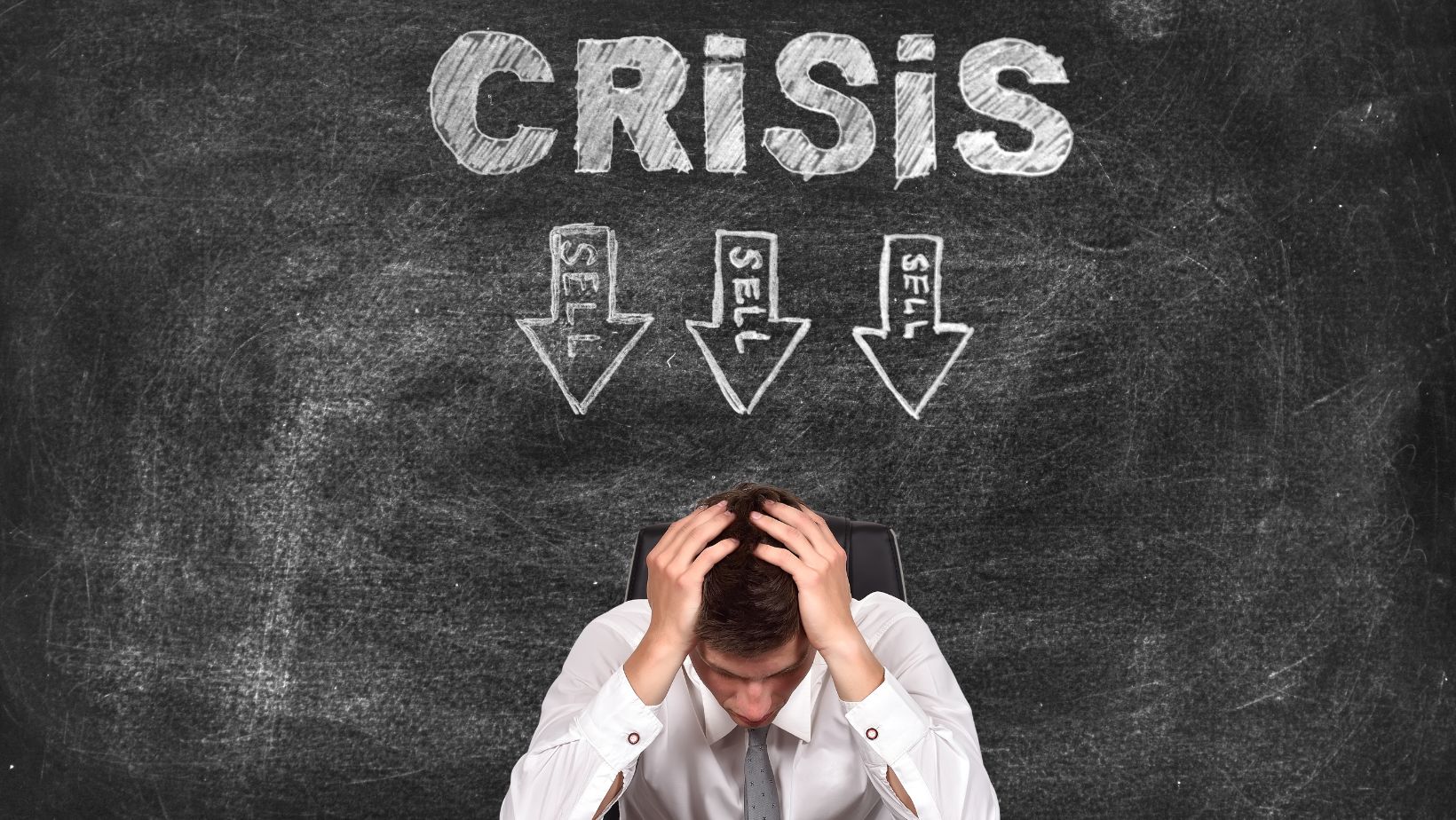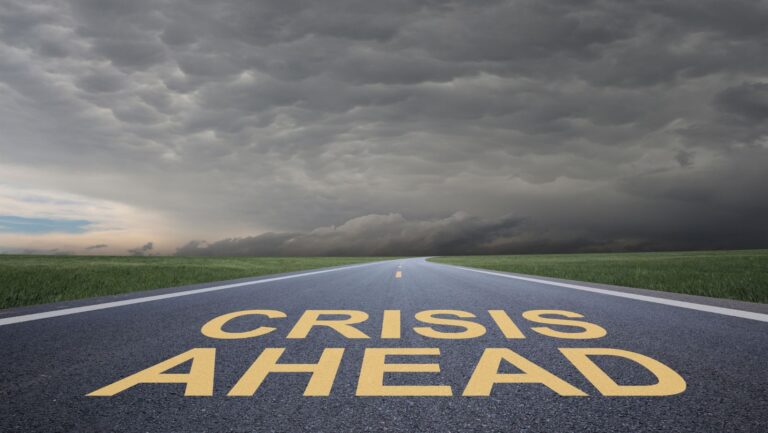Last Updated on October 30, 2023 by Nala Thorpe
In times of crisis, it’s easy to feel overwhelmed and helpless. However, I firmly believe that we, as individuals, have the power to influence the course of a crisis by taking control of our own actions and attitudes. By recognizing the impact we can have on those around us, we can make a difference in the outcome of any crisis situation. In this article, I’ll share some strategies and insights on how you can effectively influence a crisis by taking control of your own actions and mindset.
When faced with a crisis, it’s crucial to understand that our actions and choices can have a ripple effect on others. By staying calm and composed, we can inspire those around us to do the same. In moments of chaos, it’s easy to succumb to panic and fear, but by maintaining a level-headed approach, we can provide a sense of stability and reassurance to those who may be looking for guidance. It’s important to remember that even small acts of kindness and support can go a long way in influencing the overall atmosphere during a crisis.
Understanding the Crisis
When it comes to influencing a crisis, one of the first steps to take is understanding the nature of the situation at hand. By gaining a clear understanding of the crisis, you can effectively assess the areas where you have control and influence. Here are a few key points to consider:
1. Recognize the Factors: Take a step back and evaluate the factors contributing to the crisis. Is it a natural disaster, a health emergency, or a social issue? Understanding the underlying causes and potential consequences will enable you to formulate a more informed approach.
2. Assess Your Sphere of Influence: While you may not have control over the entire crisis, there are often aspects within your reach that you can influence. Identify the areas where you can make a difference, whether it’s through your actions, resources, or connections.
3. Stay Informed: Keep yourself updated with reliable information from reputable sources. This will help you stay informed about the latest developments and enable you to make well-informed decisions.
4. Understand the Impact: Gain a comprehensive understanding of how the crisis affects different individuals and communities. Recognize the diverse needs and challenges faced by those directly impacted, and consider how you can contribute to their well-being.
Remember, understanding the crisis is not about dwelling on the negatives, but rather about gaining clarity and perspective. It’s about equipping yourself with the knowledge and insight needed to make a positive impact. By taking the time to understand the crisis at hand, you can better position yourself to influence it in a meaningful and effective way.

You Can Influence The Crisis By Controlling
When faced with a crisis, it’s easy to feel overwhelmed and powerless. However, it’s important to remember that there are always factors within your control that can influence the outcome. By identifying these factors and taking action, you can make a meaningful difference in the midst of chaos. Here are some key strategies to help you identify and harness the factors within your control:
- Assess Your Sphere of Influence: Start by understanding the scope of your influence. While you may not be able to solve the entire crisis on your own, you can still have a significant impact within your immediate environment. Whether it’s your family, community, or workplace, focus on the areas where you can make a difference.
- Stay Informed: Knowledge is power, especially during a crisis. Stay up-to-date with reliable sources of information to understand the situation better. This will enable you to make informed decisions and take appropriate actions. Remember, being well-informed allows you to respond effectively and be a source of accurate information for others.
- Understand the Impact: Every crisis affects different individuals and communities in unique ways. Take the time to understand how the crisis is impacting those around you. By empathizing with others and recognizing their needs, you can offer support and assistance where it’s most needed. Small acts of kindness and solidarity can go a long way in times of crisis.
While it may seem like the crisis is beyond our control, there are always factors within our sphere of influence that we can leverage to make a difference. By assessing our sphere of influence, staying informed, understanding the impact on others, and identifying opportunities for positive change, we can actively contribute to shaping the outcome of the crisis. Remember, it starts with us, and our actions can create a ripple effect that inspires others to do the same. So, let’s take control and make a positive impact in the face of adversity.



